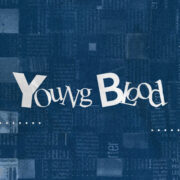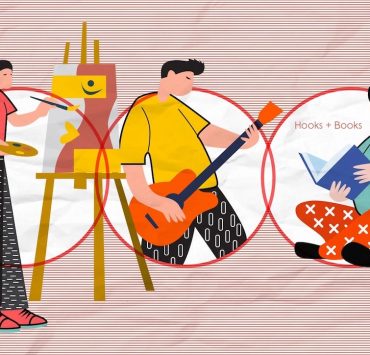The children that were left behind

For most of his adult life, Arnold (not his real name), along with his wife and two kids, lived in a kariton and survived through begging. He tried finding work in several establishments but could not consistently hold a proper job because his inability to read often led to certain challenges. “Tulad po ng simpleng pagsakay sa jeep. Kailangan tanungin saan papunta dahil hindi ka makabasa (As simple as riding a jeepney, I need to ask where it is headed because I could not read the signs),” Arnold shared. Once, he was able to land a job at a gasoline station, only to realize that he had unknowingly signed a contract for a salary that was much lower than what was verbally promised to him. He felt cheated and ashamed and found himself constantly worried that he would be taken advantage of.
Arnold’s struggles began in childhood. In school, Arnold had trouble learning how to read. But even without meeting the basic learning competencies, his teachers kept promoting him to the next grade level. He lost interest in his classes because he could barely understand what was being discussed. Eventually, he completely stopped going to school.
When children struggle with reading, it can quickly lead to a downward spiral if their learning needs are left unaddressed. Multiple studies show that students with poor reading skills had higher levels of anxiety, depression, and feelings of social isolation compared to their peers. These emotional challenges make it even more difficult for them to keep up in school because it negatively affects their motivation to learn along with their ability to stay engaged in class. Consequently, they’re more likely to have behavior problems and drop out entirely.
Unfortunately, even those who stay in school do not necessarily fare much better. According to the 2024 Functional Literacy, Education, and Mass Media survey, an estimated 18.9 million Filipinos who completed junior high school are considered functionally illiterate. This means that they still do not have the necessary reading, writing, and comprehension skills to thrive in real-world situations. For example, they may be able to write their name or read simple sentences, but they struggle to understand paragraphs and complex written instructions.
As illustrated by Arnold’s sharing, a functionally illiterate person faces limited job prospects and is often confined to low-paying work. Even when employed, they are less likely to receive promotions or professional training. In an information-driven society, those who cannot read and write are systematically excluded from being able to fully participate in economic, civic, and social life.
Children of functionally illiterate parents often inherit the same struggles, leading to intergenerational disadvantage. Studies consistently show that a child’s literacy levels are deeply tied to their literacy environment at home. When parents cannot help with homework, are unable to read bedtime stories, and cannot model a love for learning, their children are less likely to thrive in school.
The Department of Education has introduced several initiatives in the past year to help improve reading skills among public school students. Last week, Education Secretary Sonny Angara reaffirmed the agency’s commitment to strengthening literacy reforms. I am hopeful that this will translate into meaningful investment, not just into programs, but also into the people expected to carry out the interventions. In previous columns, I have written about the quiet but powerful work of many public school teachers to help nonreaders catch up. Their requests are often the same: give them (1) more time in their schedules so they have enough bandwidth to carry out remedial programs, (2) more flexibility to tailor their lessons to the skill level of their students, and (3) more age-appropriate learning resources to guide them in developing the sessions. If we want to see real change, we must listen to these calls.
In 2013, Arnold met a Catholic missionary couple who helped him slowly improve his family’s life. The couple gave him some financial assistance, which allowed him to have a more permanent home, and helped him secure a job as a dishwasher at the cafeteria social enterprise that I run.
But the most life-changing gift was that they were able to find a volunteer who would sit down with Arnold after work and his then 5-year-old son to teach them how to read. At 38 years old, Arnold finally learned how to decode basic words. His goal was not anymore to read books; he was just grateful he could understand the world around him a little more each day. What gives him hope is that his son might have a better future.
While Arnold was very fortunate, most adults in his position are unlikely to receive the same support. That’s why we cannot solely rely on individual acts of charity; we need to scale up interventions to enable those who were left behind the opportunity to catch up, while also addressing the systemic gaps that caused (and are continually perpetuating) these problems. Only then can we ensure that no child today slips through the same cracks.


















